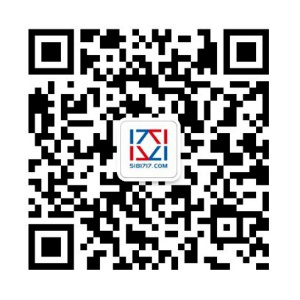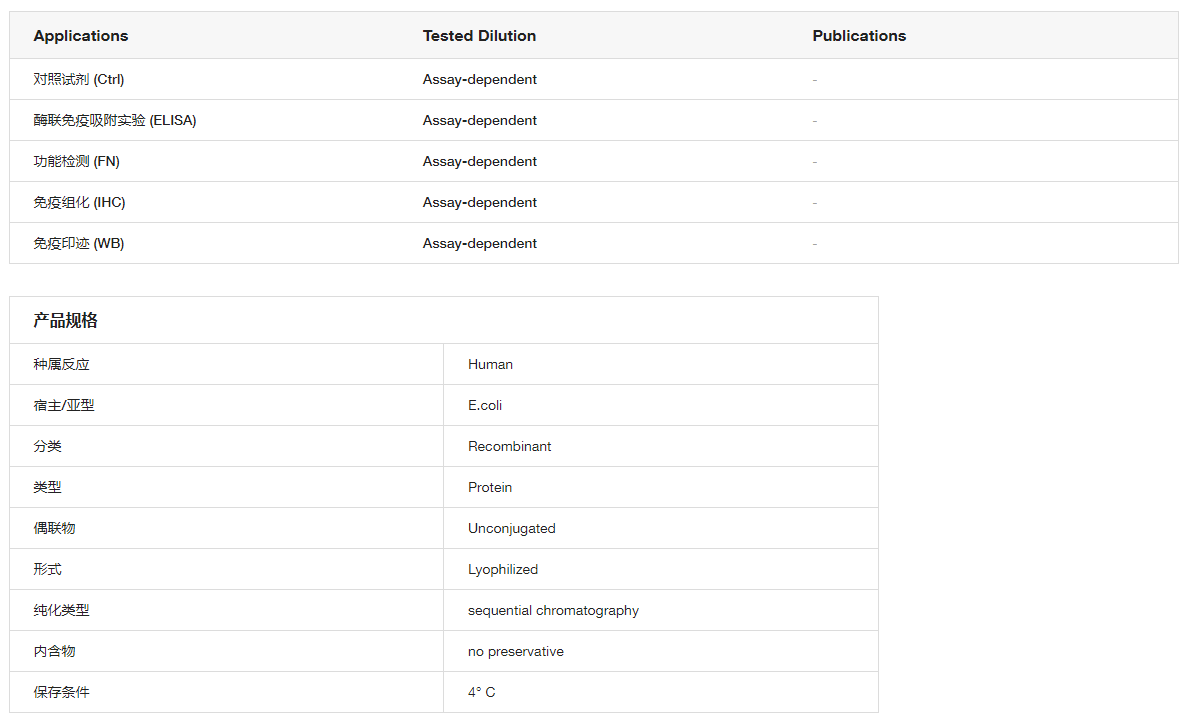- 登录
- 注册
- 手机版

 APP StoreAndroid版
APP StoreAndroid版 - 关注精艺





•Purity: >95% by SDS-Page
•Endotoxin Concentration: <0.1 ng/µg Activity: ED50<0.400 ng/mL
•Molecular Weight: 6.2 kDa
•Carrier-Free
Reconstitution: Centrifuge the vial briefly, before opening to bring the contents to the bottom. Reconstitute the lyophilized protein in sterile, PBS buffer to a concentration of 0.1-1.0 mg/mL. Apportion the reconstituted protein into working aliquots and store at ≤-20°C. Make any further dilutions of the reconstituted protein in low endotoxin medium, or a buffered solution containing a carrier protein such as heat inactivated FCS or tissue culture grade BSA
Storage: Store the lyophilized protein at 2°C to 8°C, preferably desiccated. Upon reconstitution, apportion into working aliquots and store at ≤-20°C. Avoid repeated freeze-thaw cycles.
EGF (Epidermal growth factor) exerts its actions by binding to the EGF Receptor, a 170 kDa protein kinase. Activation of EGFR initiates diverse cellular pathways in response to toxic environmental stimuli, or to EGF binding to the receptor, the EGFR forms homo- or heterodimers with other family members. Each dimeric receptor complex initiates a distinct signaling pathway by recruiting different Src homology 2 (SH2) containing effector proteins. EGF is far and wide expressed in kidney, cerebrum, prostrate and salivary glands. EGF acts as a potent mitogenic factor and the phosphorylated receptor recruits adapter proteins like GRB2 that activates complex downstream signaling cascades. EGF activates at least 4 major downstream signaling cascades including the RAS-RAF-MEK-ERK, PI3 kinase-AKT, PLCgamma-PKC and STAT modules. Research studies suggest the protein may also play important role in activating the NF-kappa-B signaling cascade. Defects in the EGGF gene are the cause of hypomagnesemia type 4 and dysregulation has been associated with the growth and progression of certain cancers.


